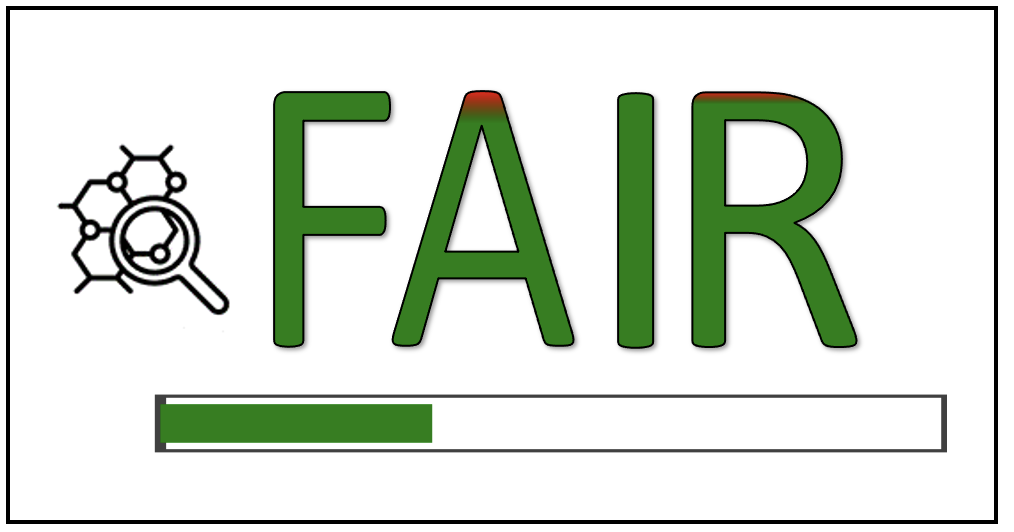In keeping with the H3ABioNet Consortium's mandate to build and develop bioinformatics capacity in Africa, the Infrastructure Working Group (ISWG) is organizing an H3ABioNet-Funded Technical-Training workshop for System Administrators of the various Nodes and H3Africa projects. This is a follow up to the initial systems administration workshop run in Pretoria, 2013 to enhance the capacity of newly hired personnel. The aim of the workshop is to train newly hired System Administrators and/or their representatives on systems administration of Unix type servers/infrastructure relevant for data management and storage for H3Africa affiliated projects and subsequent bioinformatics research.
Newly hired System Administrators and previous attendees of the systems administration workshop in Pretoria who work on systems administration of UNIX type servers and infrastructure relevant for data management and storage for H3ABioNet Nodes and H3Africa affiliated projects engaged in bioinformatics research.
After this workshop participants should be able to:
- Install Linux on a server from scratch,
- Create basic and advanced bash shell scripts
- Implement basic Linux file management and manage physical storage partitions,
- Perform user and group management, and use standard Linux permissions
- Perform basic network and firewall configuration,
- Use standard encryption and compression techniques
- Install software from source and using a package management
- Remotely access systems and perform large-scale data transfer
- Automate system setup and configuration
- Set up compute clusters
- Follow H3ABioNet Standard Operating Procedures
Classroom applications
Participant applications
Syllabus and Tools
Participants will learn about the command line, Linux file management, basic process management, network fundamentals, program installation, job scheduling, backups, encryption, virtualisation, server management and automation using Puppet and Server Configuration, scripts for configuration of multiple machines, setting up compute clusters.
Remote access and administer privileges to install software programmes on a serve in your Institute is a must. Good working knowledge of Unix, provision of systems administration support within your Institution. Those unfamiliar with Unix are encouraged to work through the following resources to enable them to gain the most from the workshop:
H3ABioNet Systems Administration Documentation Level 1 and Level 2 and http://www.washington.edu/R870/
This workshop will provide an introduction and foundation for continued learning within a user group of your peers who will attend the H3ABioNet Advanced Systems Administration Workshop and participation within the H3ABioNet Infrastructure Working Group.
Training materials for this course are available as a single downloadable archive here: https://doi.org/10.25375/uct.19106870. Should you re-use any of these materials, please ensure that both the author/s of the material AND H3ABioNet are clearly credited.





